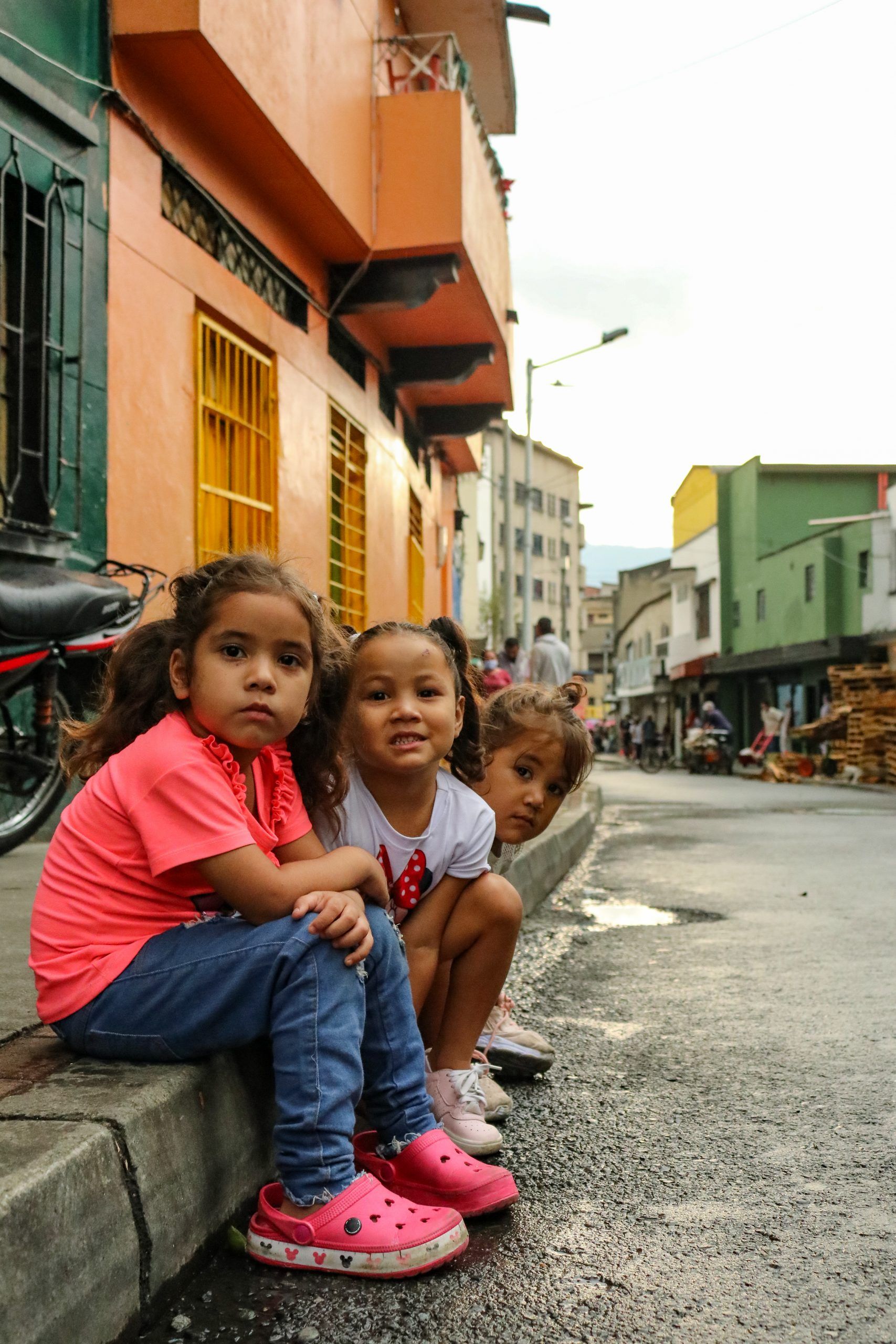People who have migrated from Venezuela to Colombia are no longer required to cancel their Temporary Protection Permit (PPT) to advance their refugee application. This was reiterated by the Constitutional Court when ruling on a ruling advised by the Legal Clinic on Cross-border Human Mobility of the Legal Clinic of the Universidad del Rosario.
In the ruling, the high court analyzed whether the Ministry of Foreign Affairs and the Special Administrative Unit for Migration of Colombia violated the fundamental rights of a Venezuelan migrant, who was forced to cancel his Temporary Protection Permit (PPT) if he wanted to continue with his application for refuge, as well as the issuance of the PPT of his permanent companion, who was also conditioned to the same withdrawal.
These situations, according to the Constitutional Court, constituted a serious violation of the rights
of the plaintiff and those of his permanent companion, since they were in a situation of total lack of protection regarding their immigration status, explained Nicolás Barón González, coordinator of the Legal Area and Clinic of Cross-border Human Mobility at the Universidad del Rosario.
Constitutional limits and requirements for obtaining the PPT Jesús Arellano, desperate about this situation, received advice from the Legal Clinic of Cross-border Human Mobility through a guardianship action that sought to protect the rights of this Venezuelan migrant and his family . Although, in the first and second instance, this action was denied by the judges, it ended up being selected in the review venue by the Constitutional Court.
Given the considerations of the ruling, the Court addressed three essential aspects related to the violation of the fundamental rights to due administrative process, family unity, the principle of good faith, work and health.
The first aspect was the flagrant violation of the aforementioned fundamental rights by the Colombian Migration Special Administrative Unit by forcing him to renounce his PPT.
The second consisted of the institutional conditioning of the issuance of the PPT subject to a prior withdrawal of the refugee request. While the third analyzed how the rules relating to the processing of the PPT were incompatible with due administrative process and the Political Constitution.
“This ruling is important because the Constitutional Court not only reiterated what was previously established, but also allowed it to establish constitutional limits on the power of the President of the Republic to set the requirements for obtaining the PPT,” Barón explained.
Regarding the first, the rule of incompatibility provided for in Decree 216 of 2021 between Safe Conduct SC-2 and the PPT places migrants in dehumanizing circumstances, at the same time ignoring their situation of manifest weakness.
The Court reiterates this by pointing out that the actions carried out by the Colombian Migration Special Administrative Unit in pressuring a Venezuelan immigrant to request the cancellation of his PPT, in order to continue with his request for refuge, constitutes a violation of his fundamental rights.
In reference to the second, the high court highlighted the importance of the PPT for the exercise of multiple fundamental rights by Venezuelan migrants, such as legal personality, health, work and education.
Therefore, forcing Venezuelan migrants to give up their refugee application to continue with the Temporary Protection Permit process limits the possibilities of being able to access a regularized immigration status that, subsequently, allows them to exercise their fundamental rights.
In this sense, it reiterated what was stated in the unification ruling SU-543 of 2023, regarding the fact that this situation violates the fundamental and human rights to request asylum and ignores the principle of non-discrimination based on immigration status.
Regarding the third, the Court, in response to the provisions of the Inter-American Commission on Human Rights, determined as subjects of special constitutional protection those who are in a situation of economic vulnerability, in this case, Venezuelan migrants.
Therefore, it is the duty of the administration to implement affirmative actions that guarantee their right to equality, especially with respect to access to justice with its respective support and legal advice.
“This ruling is an enormous achievement for Venezuelan migrants who find themselves in this same situation and for the Legal Clinic on Cross-Border Human Mobility of the Faculty of Jurisprudence of the Universidad del Rosario,” Barón concluded.
You may also be interested in: Medellín celebrates Children’s Month with nearly 400 activities
You may also be interested
